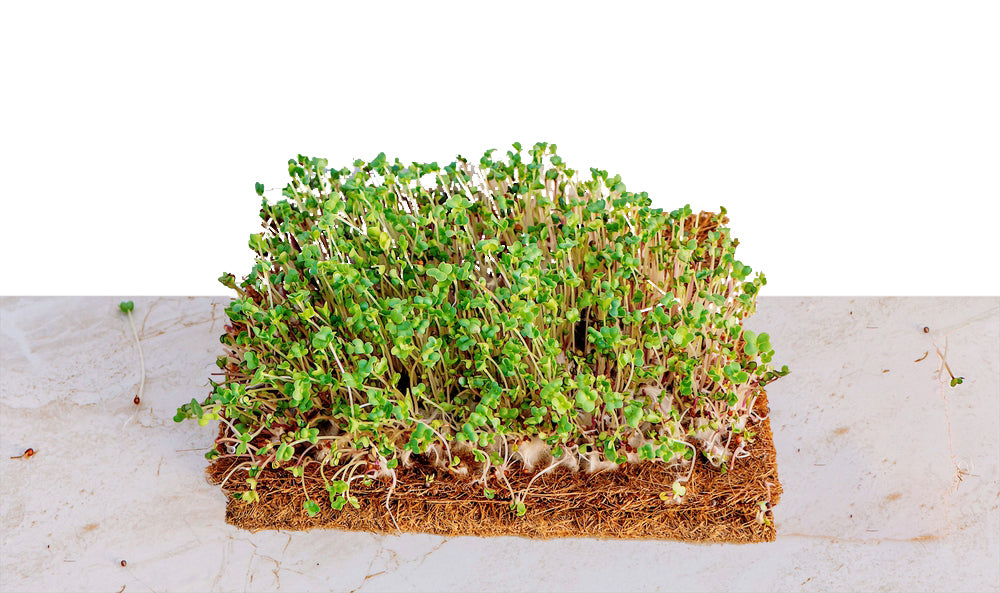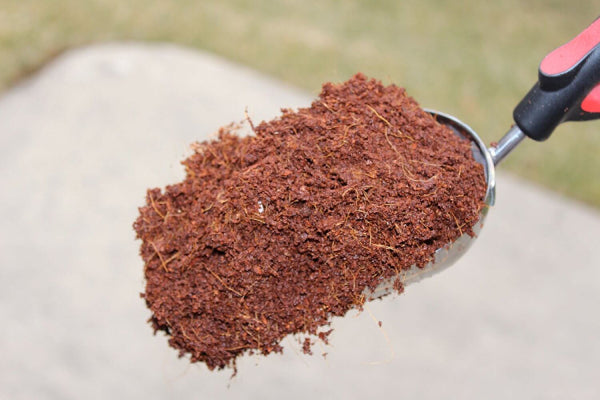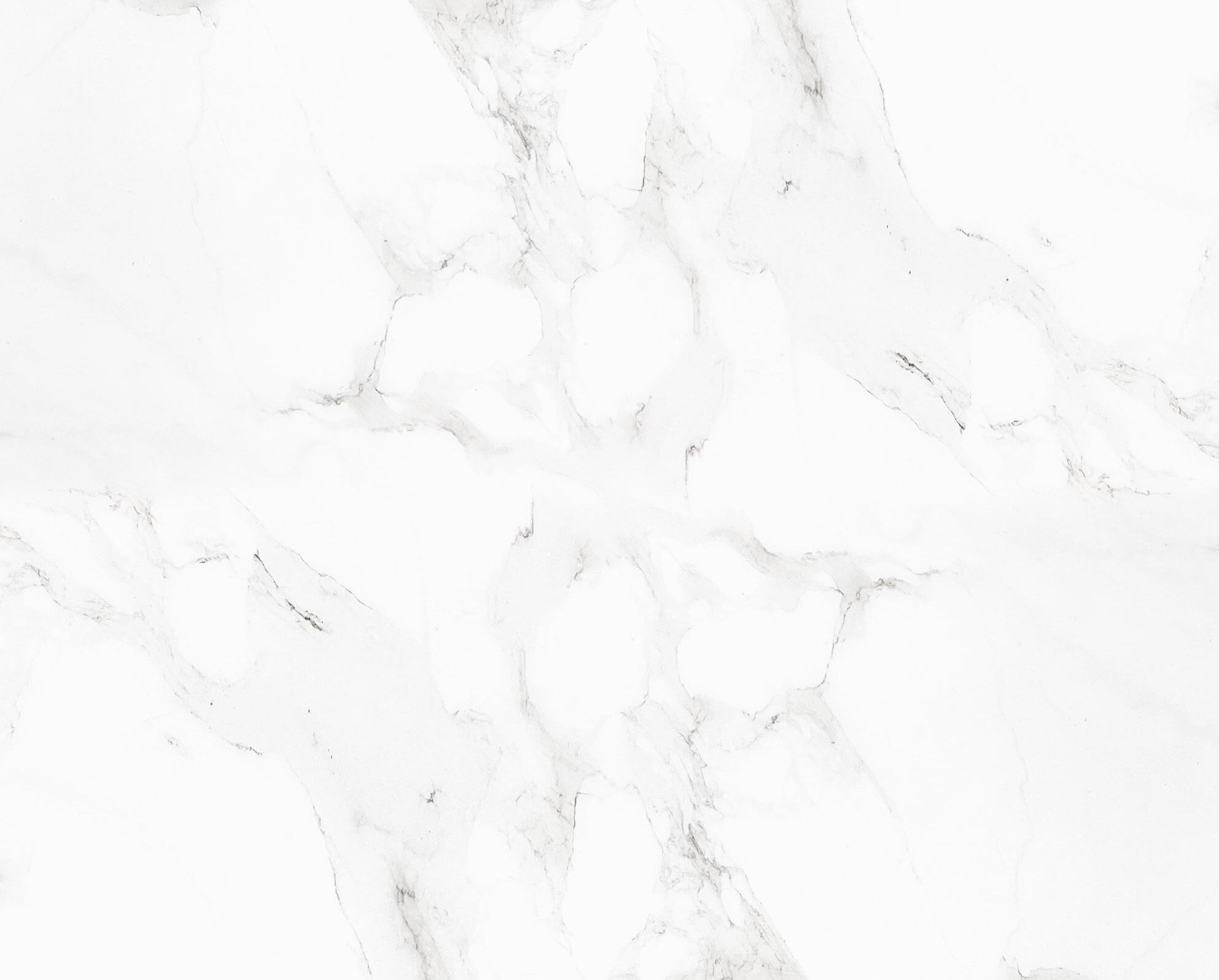Unleashing the Power of Coco Husk Soil: A Sustainable Solution for Gardening
In recent years, the world has witnessed a growing interest in sustainable practices, especially when it comes to gardening and agriculture. As more people become aware of the impact of conventional gardening methods on the environment, alternative solutions are gaining popularity. One such solution that has emerged as a sustainable alternative is the use of coconut husk soil. Coco husk, also known as coconut coir or coco peat, is a versatile and sustainable alternative to traditional soil for gardening. Made from the fibrous outer husk of coconuts, coco husk soil offers numerous benefits, including water retention, aeration, and environmentally friendly cultivation. Derived from coconut husks, this organic material offers numerous benefits for both plants and the planet. In this blog, we will explore the power of coconut husk gardening soil, explore its advantages over conventional soil, and provide practical tips for using it in your garden.

Eco-Friendly Production Process
Coco husk soil is made from the fibrous husks that surround coconuts. These husks are a byproduct of the coconut industry and are often discarded as waste. By utilizing this agricultural waste, coco husk soil helps reduce environmental pollution and contributes to the circular economy. The production process of coco husk soil involves minimal energy consumption and does not require the use of harmful chemicals, making it an eco-friendly choice for gardeners.
Excellent Water Retention
One of the remarkable properties of coco husk soil is its exceptional water retention capability. The fibrous structure of coconut husks allows them to retain moisture while also providing adequate drainage. This characteristic is beneficial for plants as it helps maintain optimal soil moisture levels, reducing the risk of both overwatering and underwatering. For this reason, coconut coir works well as coco coir mats for microgreens and coco basket liners. Additionally, the high-water retention capacity of coco husk soil allows gardeners to conserve water by reducing the frequency of irrigation.

Improved Aeration and Root Health
Unlike traditional soil, coco husk soil has excellent aeration properties. The fibrous nature of coconut husks creates air pockets within the soil, promoting better airflow and oxygen circulation around plant roots. Improved aeration enhances root respiration and prevents root rot, resulting in healthier and more robust plants. Enhanced root health also leads to increased nutrient absorption, ensuring that plants receive the essential elements they need for optimal growth. When used as coco hanging basket liners and coconut mats for microgreens, plants and flowers are able to flourish with proper airflow.
pH Neutral and Nutrient-Rich
Coco husk soil has a pH neutral composition, which means it is neither acidic nor alkaline. This neutral pH range provides an ideal growing environment for a wide variety of plants, allowing them to thrive without the need for extensive soil amendments. Additionally, coco husk soil is rich in organic matter and natural minerals, such as potassium, magnesium, and iron. Gardeners can also mix in perlite, fertilizers and other nutrients to create an ideal soil amendment based on their needs.
Long-Lasting and Reusable
Coco husk soil has a long lifespan, making it a cost-effective option for gardeners. Unlike traditional soil that deteriorates over time, coco husk soil retains its structure and water retention properties for an extended period. Additionally, coco husk soil can be reused multiple times, further reducing waste and lowering gardening expenses. After a growing season, spent coco husk soil can be repurposed as a soil amendment or incorporated into compost, closing the sustainability loop.

Pest and Weed Control
Coco husk soil has natural resistance to pests, fungi, and weed growth. This inherent property helps reduce the need for chemical pesticides and herbicides, creating a safer environment for plants, beneficial insects, and gardeners alike. By minimizing the use of harmful substances, coco husk soil promotes biodiversity and supports the health of the ecosystem.
Versatility and Multiple Uses
By exploring the numerous applications of coco husk soil, gardeners can unleash its full potential and maximize its benefits in different gardening scenarios. From microgreen mats to basket liners, coco husk soil proves to be a sustainable and efficient choice for a variety of gardening needs, further highlighting its value as a versatile gardening medium.

In conclusion, coco husk soil offers gardeners a sustainable and effective alternative to conventional soil, with its ability to reduce waste and environmental pollution during production, exceptional water retention, aeration, and nutrient-rich composition that benefit plant growth, and pH neutrality, long lifespan, and pest-resistant properties. By incorporating coconut coir gardening products into your gardening routine, you can promote sustainability, create a thriving garden, and minimize your environmental footprint. As more gardeners embrace the power of coco husk soil, we can collectively move towards a greener and more sustainable future, one garden at a time. So why not make the switch and unlock the potential of coco husk soil for your gardening endeavors, fostering a healthier ecosystem and contributing to a more sustainable future?








